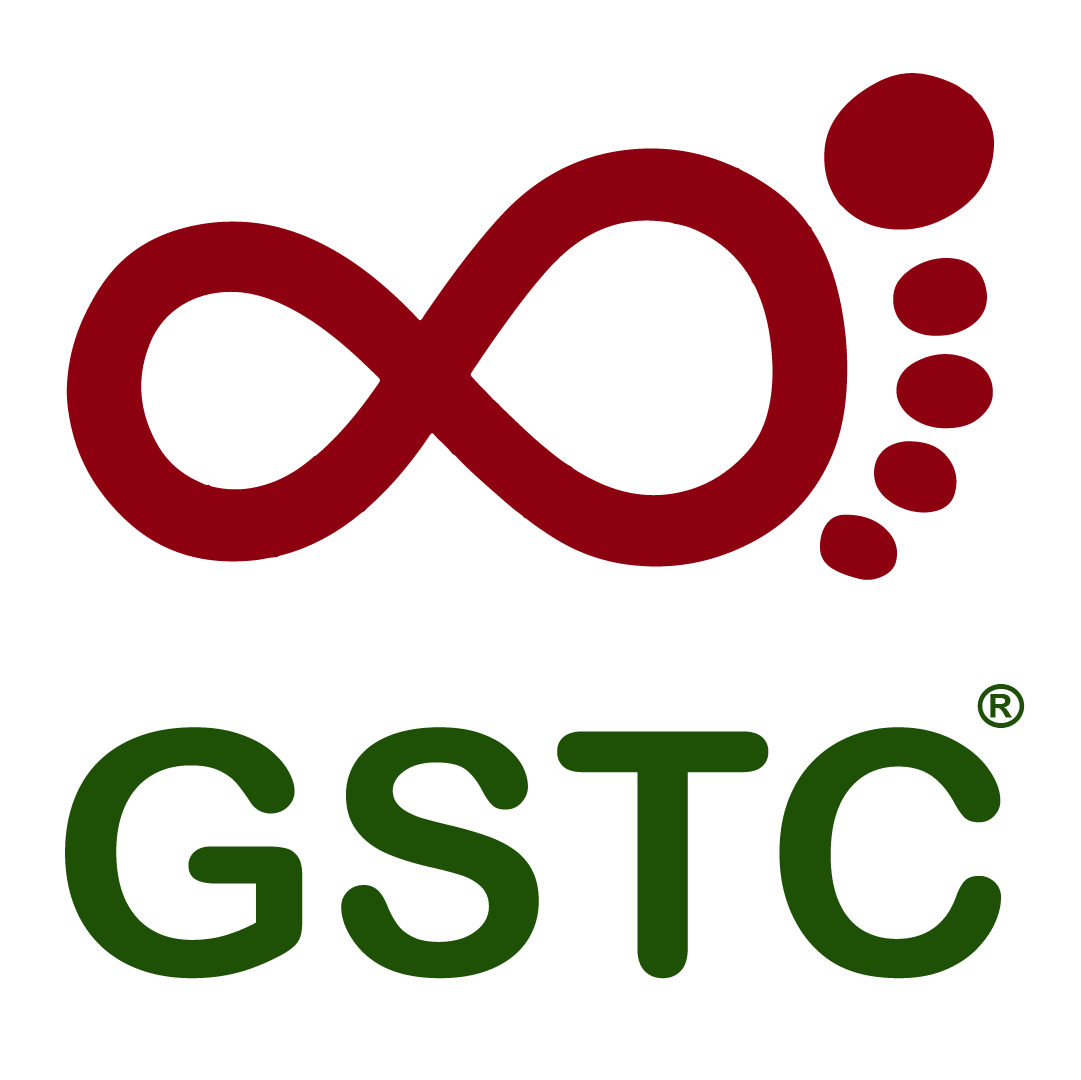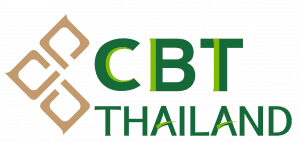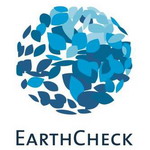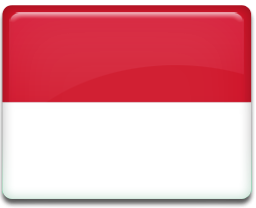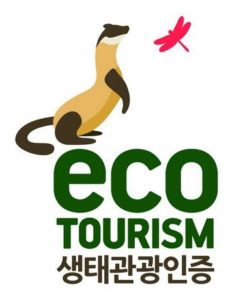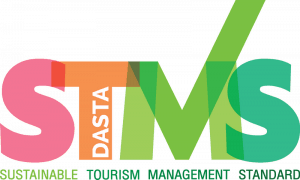Los Estándares Reconocidos por GSTC son estándares de turismo sostenible que se adhieren y son equivalentes a los Criterios GSTC.
Reconocido por GSTC significa que un estándar de turismo sostenible ha sido revisado por expertos técnicos del GSTC y el Panel de Acreditación del GSTC, y se considera equivalente a los Criterios GSTC para turismo sostenible y es administrado por un dueño del estándar que cumple con los requisitos de los Criterios GSTC. Esto significa que el GSTC ha verificado que el estándar se alinea con los Criterios del GSTC y que cualquier cláusula adicional no contradice los requisitos de los Criterios GSTC. El Reconocimiento GSTC no garantiza que el proceso de certificación sea confiable, solo que el conjunto de estándares utilizados para certificar incluye los elementos mínimos para garantizar la sostenibilidad. Un organismo certificador que utiliza un estándar Reconocido por GSTC puede solicitar la Acreditación GSTC que se relaciona con la calidad y neutralidad de su proceso de certificación.
Los siguientes estándares han sido Reconocidos como alineados con los Criterios GSTC para Destinos
(visita aquí los Estándares Reconocido por GSTC para Hoteles y Operadores Turísticos)
Biosphere Responsible Tourism
Biosphere Responsible Tourism is an independent organization and its purpose is implementing actions and programs of sustainable development in the touristic industry. ITR follows the recommendations of the United Nations Conference on Environment and Development (UNCED, Rio 1992), and of the guidelines from several programs of the World Tourism Organization and UNESCO about sustainable development and cultural and natural heritage protection. ITR created and developed the Responsible Tourism System (STR), which is recognized by BIOSPHERE RESPONSIBLE TOURISM label. The STR promotes the sustainable touristic activities so that responsible tourism can be a specific touristic product.
Criteria for Thailand’s Community-Based Tourism Development
The Criteria for Thailand’s Community-Based Tourism Development (CBT Thailand) has been used as an important tool for continuous planning, operating and evaluating outcome of community-based tourism development in Thailand. The criteria help to build immunity for communities to be aware of their capacity and development standpoint, so the community can strive to yield the benefits from tourism while strengthening their local resource management which is the foundation for “Sustainable Community-Based Tourism Development”.
EarthCheck Community Standard
EarthCheck is an international environmental management and professional services group, which was established in 1987. EarthCheck products and services are used by all sectors of the travel and tourism industry across the world to guide their broader sustainability and corporate social responsibility initiatives. This includes guidance and advice on the design, construction and operation of tourism infrastructure. EarthCheck has access to world-leading research, science and technology, providing a strong foundation to address the challenges facing the planet. Over the past 25 years, EarthCheck has delivered tourism solutions to destination, government, business and community clients. The standards is used in the GSTC-Accredited EarthCheck Certification.
Ecuador Sustainability Standards for Tourism
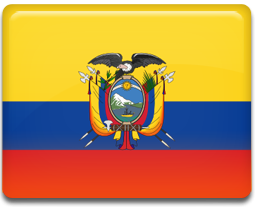
«It definitely strengthens us to keep on working towards improving tourism practices in Ecuador, guided by [these] sustainable standards,» says Ecuador’s Minister of Tourism Sandra Naranjo.
Green Destinations Standard
The Green Destinations Standard (GDS) is a comprehensive assessment & reporting system to evaluate, monitor and improve the quality and the sustainability of all destination types, e.g. towns, cities; protected areas; ecotourism, regional and country destinations. GDS is used by 250 destinations in Awards programs (incl. National Tourism Board Slovenia, QualityCoast, Sustainable Top 100, ITB Top 100 Awards) and GSTC-Accredited GD Certification. It applies criteria, management guidelines, and indicators. GDS supports strategic destination development, benchmarking, monitoring UN-SDG adherence, creating SWOT and project impact assessment, tourism quality profiles, and information supporting destination visibility, by Booking.com affiliate BookDifferent.com, Travelife for Tour Operators, and Viami.
Indonesia Sustainable Tourism Destination Standard
The Sustainable Tourism Destination Standard for Indonesia (STD) was developed to guide the sustainable development of tourism destinations in Indonesia. Recognizing the growing demand for travel to its many appealing destinations, the Ministry of Tourism seeks sustainable development at each of them.
“The Sustainable Tourism Destination (STD) Standard will promote Indonesia as a hub and an epicentrum for sustainable tourism certification in ASEAN and Asia Pacific,” says Indonesian Minister of Tourism Arief Yahya. “The Ministry Of Tourism has already endorsed 20 regions to be designated as pilot projects for the STD Standard and has also endorsed STD Standard implementation in 10 priorities destinations.”
Innovation Norway Sustainable Destination Standard
Innovation Norway’s Sustainable destination standard includes 45 criteria and 108 indicators to be measured, registered and monitored. The standard covers nature, culture, environment, social values, community involvement and economic viability. Measurable and continuous development are ensured through performance counts and renewing the brand every three years.
Korea Sustainable City Tourism Destination Standard

Korean Ecotourism Standard for Destinations
The Korean Ecotourism Standard for Destinations has been developed to guide both public and private sectors to understand hands-on practices for sustainable ecotourism development and management and certify them so they can take a better position in the tourism market to distinguish them from any ecotourism products that may be guilty of «green-washing.»
Mountain IDEAL Destinations Standard
The Mountain IDEAL destination standard has been developed to address sustainability in mountain environments that include winter and summer activities. These unique challenges and opportunities include issues like water and energy use related to snowmaking and snow melting systems, affordable housing for residents and seasonal employees, collaborating with public land managers and the business community, and embracing mountain cultural heritage. Sustainable Travel International, Walking Mountains Science Center, and other
Thailand’s Sustainable Tourism Management Standard
DASTA’s Thailand’s Sustainable Tourism Management Standard has been created for managing tourism and aims at helping all types and sizes of tourism-related organizations to manage tourism systematically and sustainably. It is expected to enable those related organizations to achieve a performance that is higher than the basic level required by law. These standards, therefore, can be challenging for organizations that want to improve the efficiency of their operation, leading to ’Sustainable Tourism.’
TourCert Destination Criteria
GSTC Criteria
